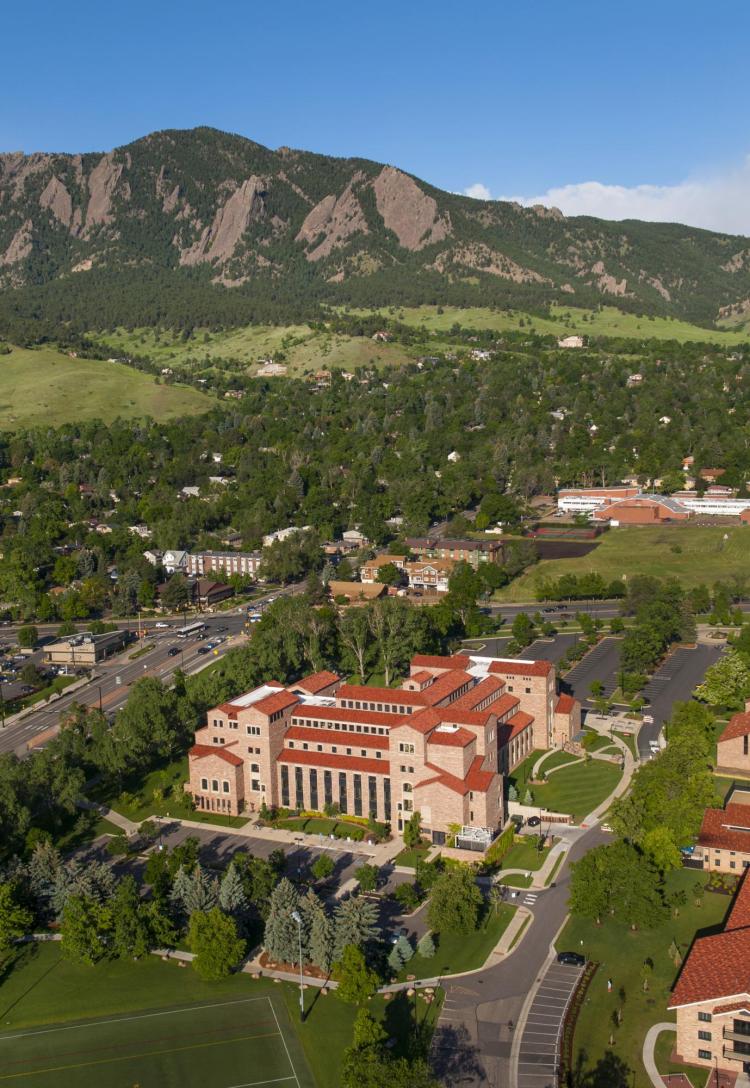
The Princeton Review and student voters commended the University of Colorado Law School for its inclusive and cooperative environment, abundant opportunities for experiential learning, accessibility of faculty, and more in its 2019 annual ranking lists of the best law schools, released on Nov. 7, 2018.
The rankings were based on an 80-question survey of 17,700 students attending 165 law schools. Some ranking list tallies also factored in school-reported data.
Student survey respondents ranked Colorado Law No. 6 for “Best Quality of Life” based on answers to survey questions about whether there is a strong sense of community, whether differing opinions are tolerated in the classroom, the school’s location, the quality of social life, and research resources at the school, including library, computer, and database resources.
Law schools also received a rating between 60 and 99 on factors such as academic experience, accessibility of professors, admissions selectivity, and career opportunities (based on students’ confidence in their school’s ability to lead them to quality employment opportunities and school-reported statistical data). Colorado Law received a score of 93 for academic experience, 95 for professor accessibility, 92 for admissions selectivity, and 94 for career opportunities.
Students pointed to Colorado Law’s strong programs in American Indian and environmental law, numerous opportunities for practical training, and a “wonderfully collaborative" ethos that permeates campus. They also noted that Colorado Law’s location in Boulder, with numerous outdoor activities readily available, encourages students to find a balance between work and life.
“These rankings reflect Colorado Law’s commitment to an inclusive and collaborative learning environment and supporting the whole student by offering a high-quality legal education, opportunities for students to hone their skills through real-world clinical and practical experience, and an exceptionally high quality of life,” said Dean Jim Anaya.


